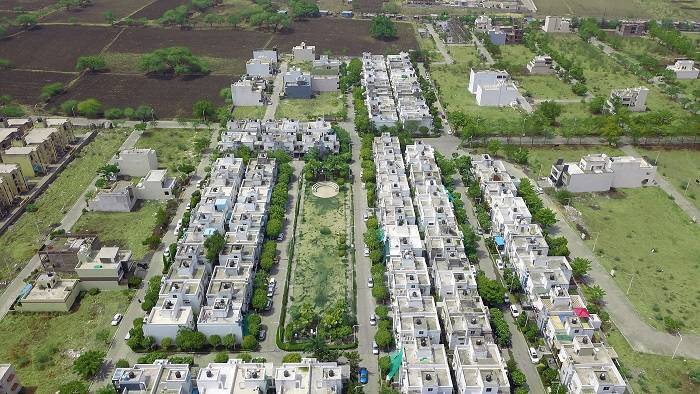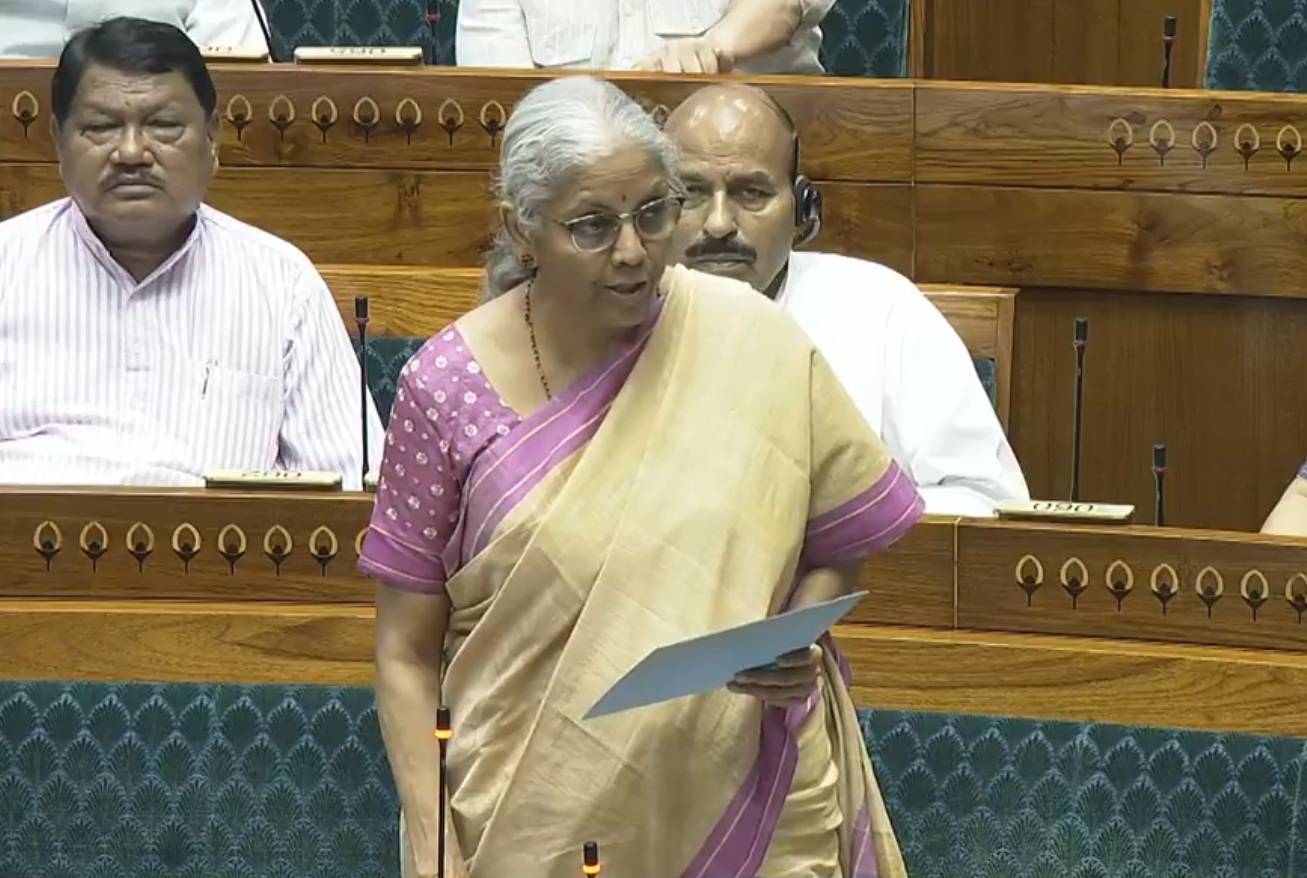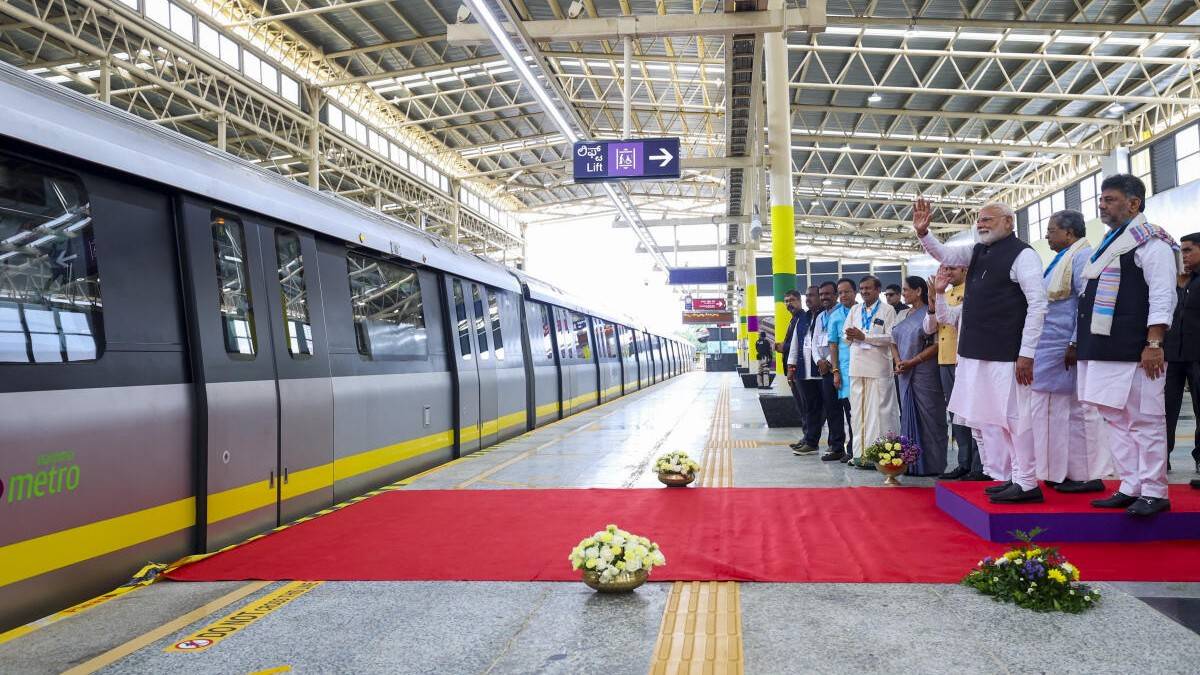In a move aimed at accelerating urban growth and enabling more efficient land use in cities, the Uttar Pradesh government is preparing to notify a revised set of building bylaws focused on promoting vertical development. The revised guidelines, once approved by the state cabinet, are expected to offer greater clarity and flexibility for developers and property owners while aligning construction practices with modern urban planning tools used internationally.
According to officials, the state housing department has submitted its final proposal to the government, and the matter is expected to be taken up in the upcoming cabinet meeting. Once approved, the new bylaws will apply to all 29 housing development authorities and the state housing board, effectively reshaping how construction activity is regulated across urban centres in Uttar Pradesh.
The proposed revisions come in response to the growing demand for housing and commercial infrastructure in key urban centres of the state. The government has stated that the changes are designed to enable the creation of more usable space on available land parcels without placing undue stress on existing infrastructure and public resources.
The current building construction and development bylaws in the state date back to 2008 and have been amended periodically. However, officials said a comprehensive overhaul was necessary to address the evolving expectations of stakeholders and to incorporate new urban planning concepts.
The revised bylaws are expected to include provisions related to transit-oriented development, purchasable and compensatory floor area ratio (FAR), zoning regulations, and mechanisms for environmental management. Other areas being covered include requirements for fire and structural safety, electric vehicle charging infrastructure, and mixed-use development norms.
Officials said that more than 1,000 public objections and suggestions were received during the consultation process. Most of these comments pertained to allowing higher floor area ratios on certain plots. After review, only four to five key suggestions were accepted, and relevant changes were incorporated into the final draft.
One such accepted proposal came from a resident of Meerut, who suggested that purchasable FAR for mixed-use developments be allowed on plots adjacent to 18-metre-wide roads, instead of the earlier minimum of 24 metres. This revision was incorporated into the final version of the bylaws to allow for greater flexibility in urban design and mixed-use project planning.
Officials noted that while most objections were not incorporated, the final document aims to strike a balance between increasing the efficiency of land use and maintaining adequate safety, environmental, and regulatory standards.
With the revised bylaws, the state aims to unlock latent real estate potential in cities such as Lucknow, Kanpur, Agra, Varanasi, and Ghaziabad, where demand for residential and commercial space is rising. Officials said the revisions will also facilitate faster project approvals and help streamline compliance processes for developers.
The emphasis on vertical development is in line with global best practices, especially in high-density urban areas where land is scarce and expensive. The policy shift is also expected to encourage investments in the housing sector, improve livability in cities, and support infrastructure development through a more planned and regulated approach.
The notification of the revised bylaws is expected soon after cabinet approval, following which the housing authorities will begin enforcement. The government has indicated that these changes are part of a broader push to modernize urban planning frameworks across the state, in coordination with national housing and smart city initiatives.









